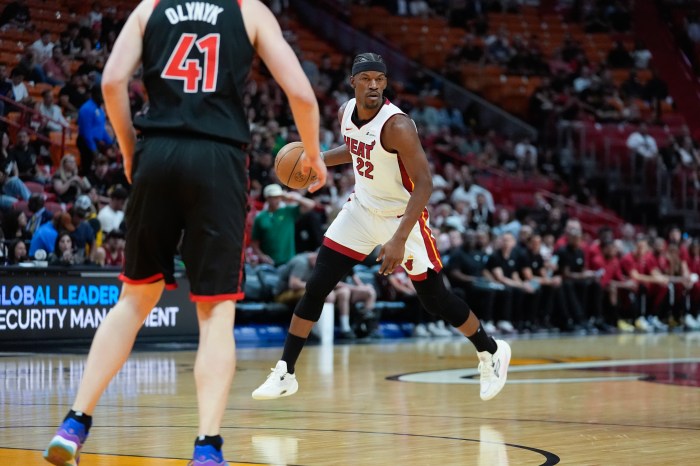One hundred fifty years have passed since Oliver Wendell Holmes Sr., poet, writer, and physician speaking before the Massachusetts Medical Society, said, “If all medicines in the world save for opium and digitalis were sunk to the bottom of the sea, it would be all the better for mankind and all the worse for the fishes.”
This was a time when patent medications, bloodletting, leeches and quackery were in vogue. Medical science has come a long way since 1860 and today the health and safety of the American public is well protected by the exacting requirements of the Food and Drug Administration.
Every new drug, before receiving FDA approval, must pass rigorous tests demonstrating its effectiveness and safety. Side effects of each drug are reported as having occurred in a certain percentage of the patients using the drug as compared to the same side effect occurring in patients who received a placebo (a pill identical to the one being tested but with no real medicine in it).
These drug trials are called double blind studies because neither the doctor doing the evaluation of the side effects nor the patient participating in the trial knows whether the real drug or the placebo was administered. This, combined with an exacting statistical analysis remains the best and most scientific method of evaluating the results of a drug trial. Every medicine is a two-edged sword, able to help but also to harm. You should always ask your doctor about the possible chances of side effects from your prescribed medications.
Foods can also interact with drugs causing side effects and changes in effectiveness. Because grapefruit interacts with so many foods, in general, it is best avoided while on any prescription drug unless your doctor approves. Many antibiotics are best taken two hours before or four hours after eating foods rich in calcium such as milk, orange juice, bread and antacids.
Other precautions include avoiding combining alcohol with Flagyl or Tylenol. The antidote for Coumadin, a drug taken to thin the blood is vitamin K, which is found in leafy greens so combining them with Coumadin makes dosage adjustment very difficult. Monoamine Oxidase (MAO) inhibitors used for the treatment of depression and for Parkinson’s Disease, include such drugs as Eldepryl, Marplan, Nardil and Parnate. These may interact with “tyramine”, a chemical found in many foods, and beverages.
Patients taking MAO inhibitors, who consume foods or alcoholic drinks containing “tyramine,” expose themselves to a rapid and potentially life-threatening rise in blood pressure. Given the seriousness of this interaction, it is crucial to be aware of foods and drinks that contain “tyramine” as this side effect can occur up to four weeks after drug treatment was completed. Always check with your doctor who prescribed your MAO inhibitor drugs regarding what foods are safe for you.
Have a question? Call Dr. Okun at 718-241-6767























